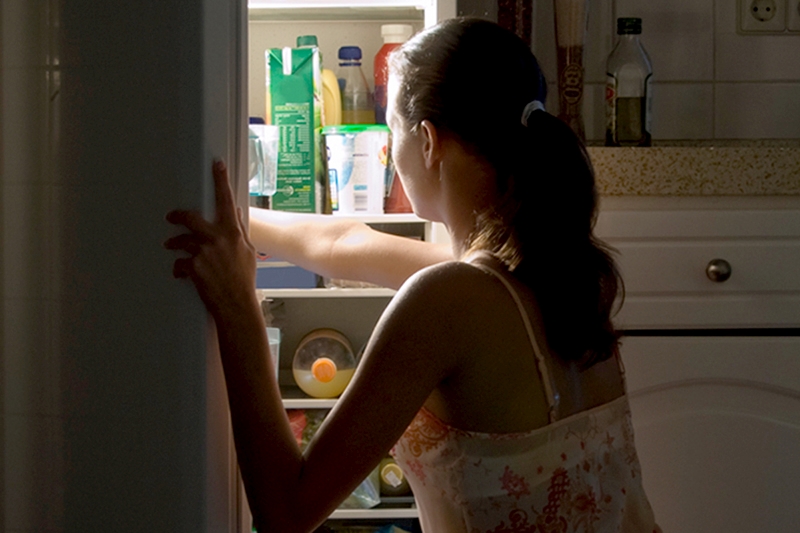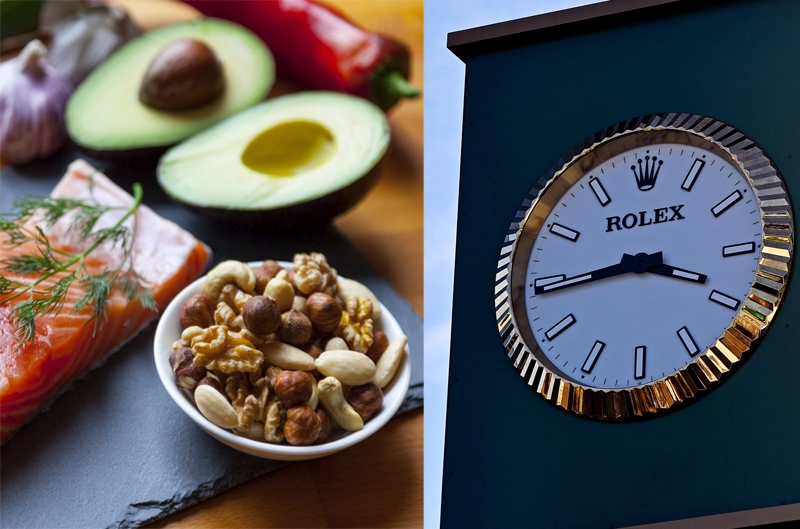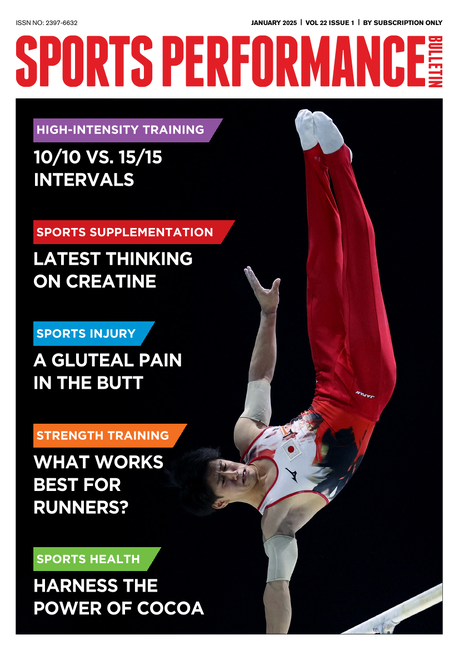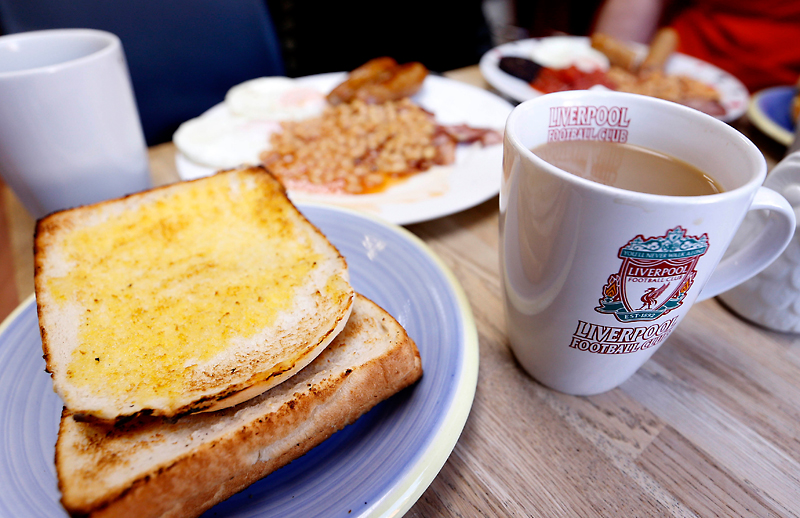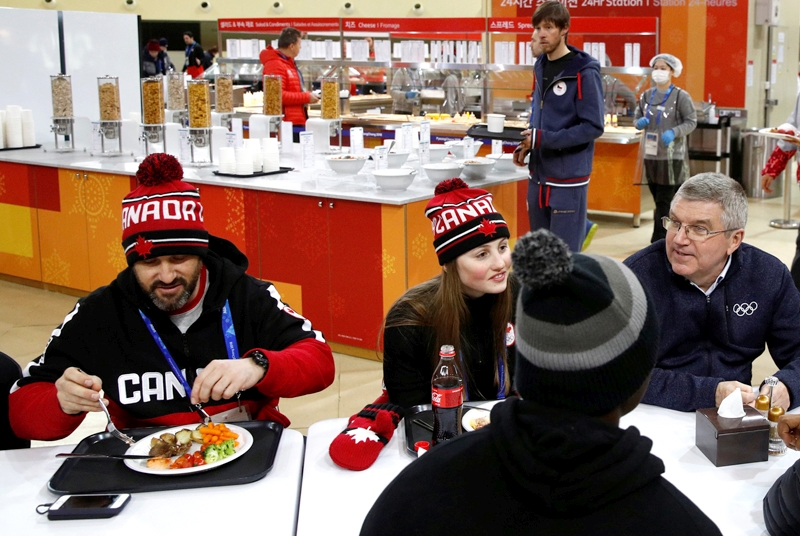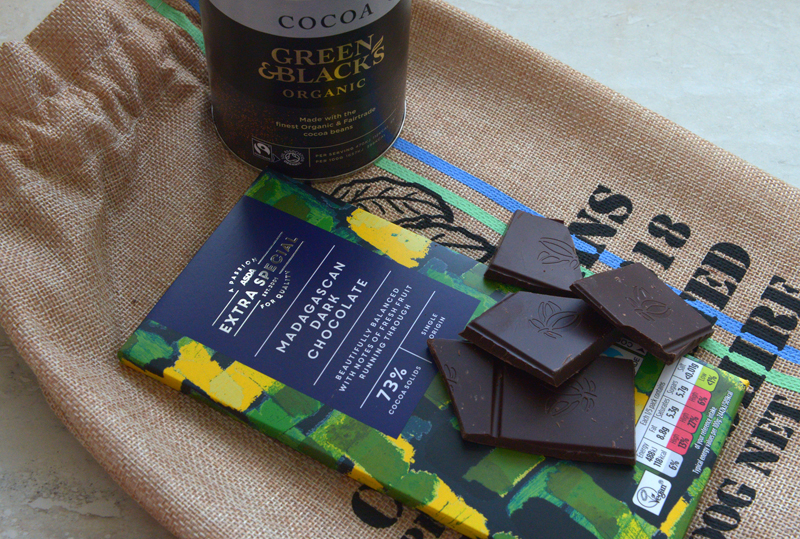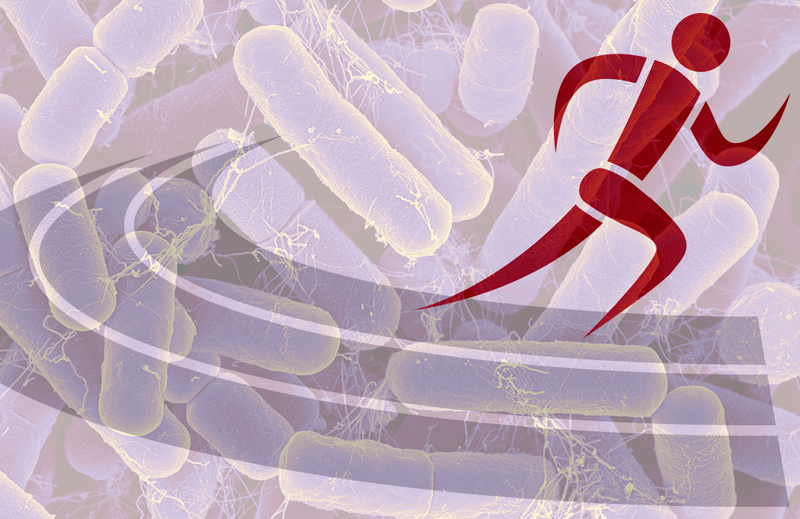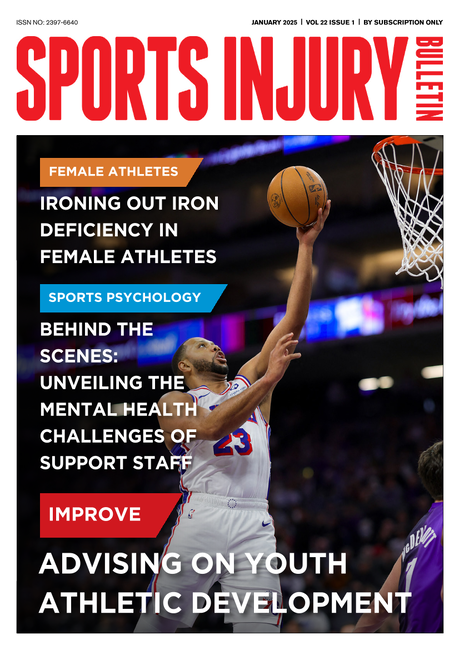You are viewing 1 of your 1 free articles. For unlimited access take a risk-free trial
Breakfast feelgood factor: the link between breakfast and performance

The old adage ‘Breakfast like a king, lunch like a prince and dine like a pauper’ has long found favour with nutritionists. That’s because as our understanding of nutritional science has grown, we’ve learnt that the way we time our food intake can have a big impact on our health and well being. For example, a number of studies have shown that eating breakfast in the morning can aid mental function at work or schoolFront Hum Neurosci. 2013 Aug 8;7:425. Likewise, eating last thing at night can lead to poor sleep quality and disturbance to the sleep/wake cycle, which is known to be associated with weight gain and all the health problems that can arise from excess weightCurr Obes Rep. 2014 Mar;3(1):101-7. The most common explanation for the performance benefits of breakfast is that by elevating energy and blood sugar levels after an overnight fast (sleep), the brain and muscles are better equipped to perform efficiently. However, some recent research suggests that there’s more to it than just supplying energy calories, and that the feeling of satiation plays a role in helping you perform better too.
Pre-exercise breakfast
In one particular study, researchers set out to investigate the performance effects of consuming breakfast prior to a short duration, high intensity cycling time trial [Int J Sports Physiol Perform. 2018; (13)4 504-509]. Thirteen well trained cyclists performed three experimental trials on three separate occasions. Each trial consisted of 10-minute steady state cycle followed by a 20-minute time trial. In all the trials, the subjects consumed breakfast 90 minutes before the start of exercise. However, the breakfast they consumed differed and consisted of the following:- A semi-solid carbohydrate breakfast containing 2 grams of carbohydrate·per kilo of body mass.
- A semi-solid placebo breakfast, which looked and tasted identical to the carbohydrate breakfast, but which actually contained no calories (ie carbohydrate free).
- Plain water (the control condition). As well as measuring performance, the cyclists’ blood lactate and glucose levels were monitored during exercise. The results were then compared.
What they found
The main finding was that (as you might expect) compared to consuming just water, the cyclists rode the time trial significantly faster when they consumed the carbohydrate breakfast. What was not expected however was that when they consumed the carbohydrate-free breakfast, they also rode faster than just consuming water, and just as fast as when they had consumed a proper carbohydrate breakfast!’. doi: 10.1123/ijspp.2017-0318. [Epub ahead of print]Understanding the results
The cyclists rode just as fast when they consumed a calorie-free breakfast (that they thought contained carbohydrate) as when they actually consumed a proper carbohydrate-containing breakfast. And because in both of these trials, the cyclists rode faster than when they just drank water, the only logical explanation is that the performance gains occurred for psychological rather than physical reasons.This is not a new phenomenon however; we already know that the brain plays a large role in determining levels of fatigue you experience during exercise. It could be that although in one trial they consumed a calorie-free breakfast, they believed they had consumed carbohydrate, which meant that their brains (expecting energy to come on stream) adjusted perceived levels of fatigue downwards, which allowed them to complete the time trial faster. However, it’s worth remembering that this time trial was short; during a longer time trial following a carbohydrate/calorie free breakfast, the physiological effects (ie lower blood sugar) would begin to make themselves apparent, which would eventually lead to greater levels of fatigue and reduced performance.
Practical implications
Here are some breakfast tips - not just for cyclists, but for all athletes:- This research suggests that if time is short and there’s no time for a proper breakfast, even a quick snack could help lift your race performance because it gives a ‘psychological lift’ to the brain.
- If your event is longer however, a proper breakfast that supplies plenty of slow-releasing carbohydrate is recommended, and it’s probably worth getting up earlier to allow this.
- If fat burning training is your goal, your best bet is to start training on an empty stomach and then begin carbohydrate feeding 60-90 minutes into your ride/run.
Newsletter Sign Up
Testimonials
Dr. Alexandra Fandetti-Robin, Back & Body Chiropractic
Elspeth Cowell MSCh DpodM SRCh HCPC reg
William Hunter, Nuffield Health
Newsletter Sign Up
Coaches Testimonials
Dr. Alexandra Fandetti-Robin, Back & Body Chiropractic
Elspeth Cowell MSCh DpodM SRCh HCPC reg
William Hunter, Nuffield Health
Keep up with latest sports science research and apply it to maximize performance
Today you have the chance to join a group of athletes, and sports coaches/trainers who all have something special in common...
They use the latest research to improve performance for themselves and their clients - both athletes and sports teams - with help from global specialists in the fields of sports science, sports medicine and sports psychology.
They do this by reading Sports Performance Bulletin, an easy-to-digest but serious-minded journal dedicated to high performance sports. SPB offers a wealth of information and insight into the latest research, in an easily-accessible and understood format, along with a wealth of practical recommendations.
*includes 3 coaching manuals
Get Inspired
All the latest techniques and approaches
Sports Performance Bulletin helps dedicated endurance athletes improve their performance. Sense-checking the latest sports science research, and sourcing evidence and case studies to support findings, Sports Performance Bulletin turns proven insights into easily digestible practical advice. Supporting athletes, coaches and professionals who wish to ensure their guidance and programmes are kept right up to date and based on credible science.
